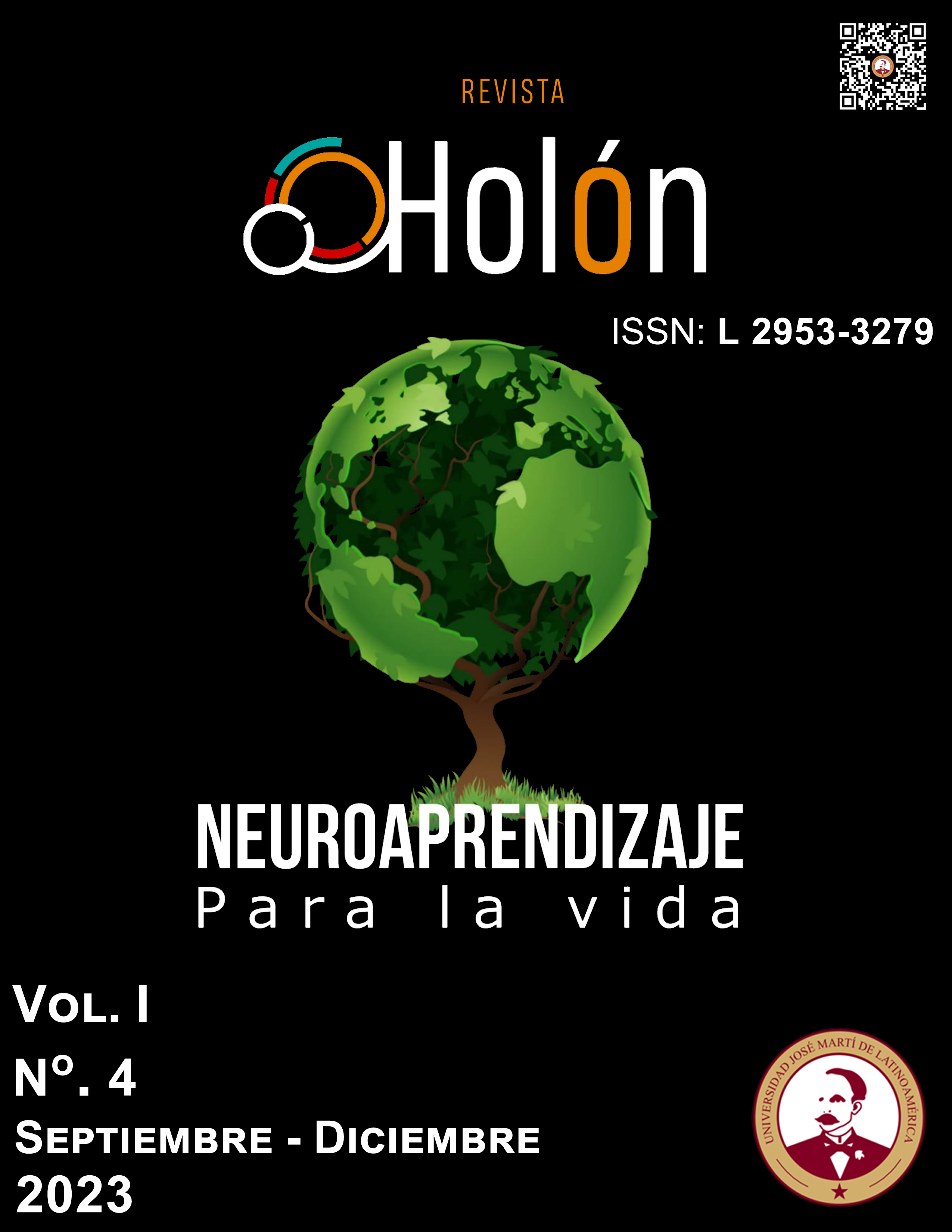

Copyright (c) 2023 Revista Holón

This work is licensed under a Creative Commons Attribution-NonCommercial-ShareAlike 4.0 International License.
The essay is based on the idea that emotions play a fundamental role in affectogenesis, noogenesis and human sociogenesis. From the moment of conception, the fetus experiences proto-emotions that are related to the survival instinct and the will to live, formed in the metabolic interaction with the mother, the fetus's own metabolism, and environmental influences. Although fully developed emotions require a greater maturity of the nervous system and a conscious understanding of experiences, protoemotions in the fetus express this basic will to live. In ancient Greece, Socrates and Plato believed that emotions should be controlled by reason. However, Aristotle recognized the social role of emotions through tragedy and comedy. In modern conceptions, different models of basic emotions have been proposed, but most of them maintain the dichotomy between reason and emotions, and lack systemic points of view. Emotions influence noogenesis and sociogenesis by providing valuable cues about the environment, modifying decision making, motivating cognitive activity, and shaping beliefs and values. The integration of emotions in these processes is essential for the development of emotions in the formation of personality, thought and social interaction. The main contribution of the author is the holistic and contextualized understanding of emotions is necessary for a more complete vision of its role in affectogenesis, noogenesis and human sociogenesis.